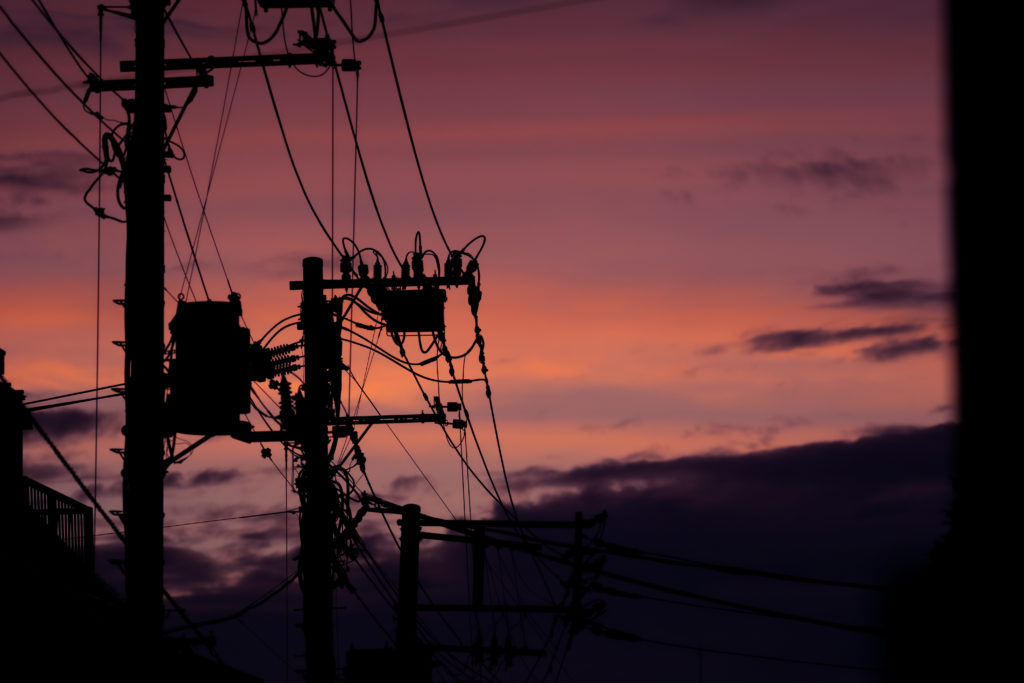

Advertisers vs. ad-supported pirate sites
A sampling of 596 web sites that deal primarily in pirated content made an estimated $227 million in annual advertising revenues, according to the Digital Citizens Alliance (See: “Good Money Gone Bad: Digital Thieves and the Hijacking of the Online Ad Business – A Report on the Profitability of Ad-Supported Content Theft“). “The 30 largest sites studied that are supported only by ads average $4.4 million annually, with the largest BitTorrent portal sites topping $6 million. Even small sites can make more than $100,000 a year from advertising.”
“It is important to note that the advertising profits garnered by content thieves do not equate with the losses incurred by the owners of the content,” notes the report. “These losses are unquestionably greater by many orders of magnitude…”
Fortunately, the advertising industry is not willing to tolerate intellectual property infringement. “The future health of digital media is at stake,” according to Bob Liodice, head of the Association of National Advertisers, “and we owe it to ourselves, our industry and its brands to attack the issue head-on.”
Opponents overreact to online piracy legislation
Showdowns are likely in the Senate and House of Representatives later this month on legislation combating online piracy. The House Judiciary Committee is expected to vote on the Stop Online Privacy Act, H.R. 3261 (SOPA), and the full Senate on the Preventing Real Online Threats to Economic Creativity and Theft of Intellectual Property Act, S. 968 (Protect IP Act). These measures have generated some overheated rhetoric.
A recent column in Roll Call by Stephen DeMaura and David Segal, entitled “All Candidates Should Be Concerned About SOPA,” for example, suggests that SOPA could be exploited by political opponents to restrict free speech.
Here’s a plausible campaign scenario under SOPA. Imagine you are running for Congress in a competitive House district. You give a strong interview to a local morning news show and your campaign posts the clip on your website. When your opponent’s campaign sees the video, it decides to play hardball and sends a notice to your Internet service provider alerting them to what it deems “infringing content.” It doesn’t matter if the content is actually pirated. The ISP has five days to pull down your website and the offending clip or be sued. If you don’t take the video down, even if you believe that the content is protected under fair use, your website goes dark.
Another recent column in Politico by Tim Mak entitled “Bloggers: SOPA’s the end of us” makes a similar claim and implies a tidal wave of opposition is forming (we shall see).
The conservative and liberal blogospheres are unifying behind opposition to Congress’s Stop Online Piracy Act, with right-leaning bloggers arguing their very existence could be wiped out if the anti-piracy bill passes.
There is no way these bills would permit an opposing campaign or campaign committee to pull down websites harboring “infringing content,” nor would they authorize censorship of lawful speech.

My Canonical Paradigm
A Chinese American entrepreneur engineer named Henry Gao has written a Chinese book paralleling, enriching and affirming the more far reaching propositions in Telecosm. His theme is that the history of communications networks has passed through three eras: 1) the telegraph (data with delay and buffering); 2) the public switched telephone network (PSTN for real-time two-way voice), and 3) now back to the telegraph (the data-rich Internet protocols and layers, with many asynch buffers and best efforts and lost bits). Today under the stress of an interactive video exaflood, there is a new fork in the road. On the one hand, the industry wants to continue on its current path back to a new video best efforts telegraph — an Read More ›
FCC gets squashed
The U.S. Court of Appeals for the D.C. Circuit ruled that the authority the FCC used to regulate Internet access providers is very limited. The ruling is obviously a victory for broadband Internet access providers. But it is also a victory for the rest of us. As the court noted, the legal interpretation the FCC fought to defend “would virtually free the Commission from its congressional tether.” In Comcast v. FCC, the court said it was okay for Comcast to discriminate against peer-to-peer file sharing as necessary to manage scarce network capacity. The opinion was written by Judge David S. Tatel, a Clinton nominee. The question before the court was whether the FCC has any jurisdiction to regulate Internet access Read More ›
Internet a “treasure trove” for catching criminals
Some of the fascinating ways social media sites are making it easier for police to nab the bad guys, from FOXNews.com, Police in Indiana were able to arrest a New York fugitive who turned himself in by posting his workplace on his MySpace and Facebook pages. A Florida man who was convicted of murdering of his friend was caught because he posted pictures of the friend on his MySpace page next to the words “rest in peace” and “live through me,” hours before the death was even reported to police. A burglar in Pennsylvania who ransacked a home and stole some jewelry was caught after the victim found the burglar’s Facebook account open on her home computer. A bank fraud Read More ›
Why antagonize China?
From George Gilder’s column in today’s Wall Street Journal, Meanwhile, Secretary of State Hillary Clinton and the president’s friends at Google are hectoring China on Internet policy. Although commanding twice as many Internet users as we do, China originates fewer viruses and scams than does the U.S. and with Taiwan produces comparable amounts of Internet gear. As an authoritarian regime, it obviously will not be amenable to an open and anonymous net regime. Protecting information on the Internet is a responsibility of U.S. corporations and their security tools, not the State Department. The full column is here.
State of IP
At Telephony Online, Rich Karpinski notes, In today’s carrier networks, IP may not always be hyped or even seen, but it is indeed everywhere — and in 2010, it’s only going deeper and making an even bigger impact. I think this protocol proliferation in the name of IP is the death rattle of the old network. IP is a data protocol so of course it dominated the enterprise market and it is prevalent on the Internet so of course Internet players such as Google want it to be upgraded for so-called Multimedia. But the message of all the brave talk about “ultimate outcomes that have yet to take hold today” is that once again it is becoming reasonable to predict Read More ›
Good bye, local newspaper
The Rocky Mountain News published its last edition, the San Francisco Chronicle may be next and unfortunately this may be just the beginning. Rush Limbaugh says “[w]e haven’t even gotten close to how bad it was in the 1970s. We haven’t gotten close to the recession in 1982.” Yet within the newsrooms of America it is a different story; it is a Depression for the employees of newspapers, and they are the people from whom the rest of us get the news and the spin. Slate editor Michael Kinsely points out that the harsh truth is that the typical American newspaper is an anachronism. It is an artifact from a time when chopping down trees was essential to telling the Read More ›
Bracing for new regulation
Observers predict stepped-up regulatory battles in telecom, according to the Wall Street Journal, New congressional leaders as well as policy makers in the Obama administration are expected to press for fresh limits on media consolidation and require phone and cable firms to open their networks to Internet competitors, lobbyists and industry officials say. The article overlooks the fact that broadcast ownership limits and forced access policies are restraints on the free speech rights of broadcasters and network providers, and that the constitutionality of new regulation could ultimately be decided by the courts.
